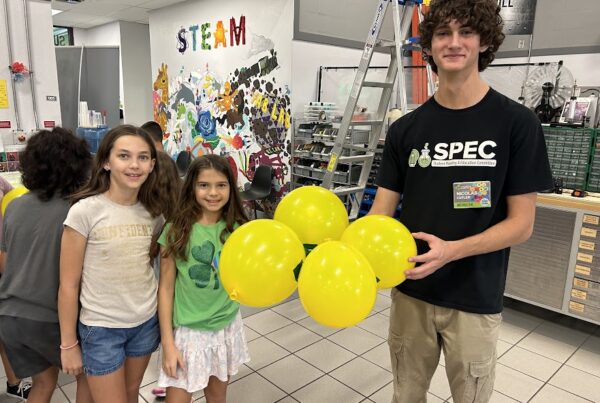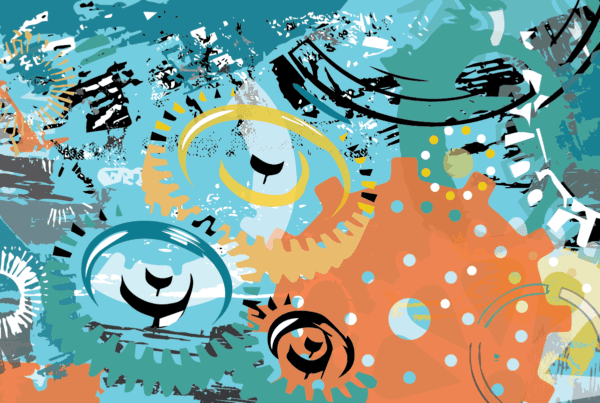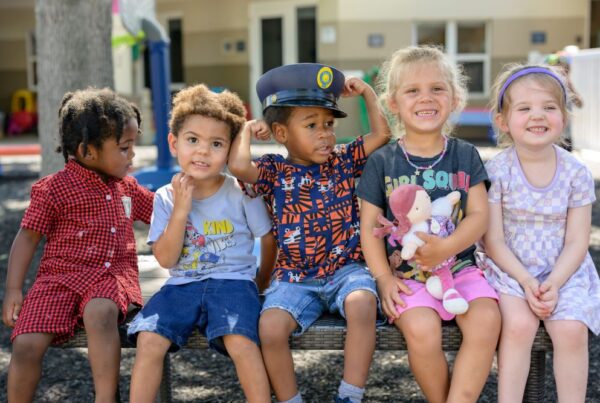More often than not, finding stability in life after incarceration is a difficult task. The reality for many formerly incarcerated citizens trying to reintegrate into our community is one limited by barriers to stable housing, employment and social services—problems that dovetail with and exacerbate each other.
Local nonprofit Project 180 determined its greatest potential for turning lives around was through a comprehensive residential program, inspired by a San Francisco-based nonprofit that has been successfully reintegrating citizens for decades.
“Nationally, two-thirds of people returning from state prison are rearrested within three years of release,” says Barbara Richards, President and CEO of Project 180. “Such a high percentage reflects the difficulties people face upon reentry—difficulties that too often result in re-incarceration which leads to greater pressure on an already overburdened system. There was already a high-impact model that we knew worked in other communities, the challenge was bringing it to and modifying it for Sarasota.”
In 2018, the organization launched a pilot residential program to provide formerly incarcerated men up to two years of stable residency, food assistance, transportation, and financial assistance in restoring their driving privileges. Reviewed by a committee, all residents are formerly homeless men in active recovery. Those who have been referred by Drug Court have been diverted to the program instead of going to prison.
Now just a year in practice, the program’s success was recently noticed by Charles & Margery Barancik Foundation. In April, Project 180 received a $230,000 grant to purchase the three-bedroom house for which the organization had been paying monthly rent. Part of the funding will go to establishing a maintenance endowment to ensure that future repairs can be made at no cost to the organization.
“Project 180 was already doing great work in rehabilitating these men,” says Teri A Hansen President | CEO of Barancik Foundation. “Our goal was to make sure this model became sustainable and allowed staff to attract additional supporters in the community to expand programming.”
Now with one house secured, the nonprofit seeks greater community support. As news of the residential program’s success spreads, more referrals are being made than ever before. However, with only a limited amount of beds, Project 180 is having to turn people away.
“Our next priority is to purchase an additional house to create a pipeline for current residents who are closer to transitioning into their own housing,” explains Richards.
The new developments don’t stop there. Project 180 hopes to open a future business training school to provide job skills training for residents who are struggling to get on their feet. Designed by and for formerly incarcerated individuals, the school has the potential to become an economic driver in the community.
“The residents of the San Francisco program generate $20 million annually through their business training schools,” says Richards. “It’s a strong indicator that individuals who are justice-involved can benefit their own communities if they are given a second chance, we just need the community to rally behind the cause.”
The nonprofit also boasts an annual lecture series that explores the impact of prisoner reentry upon the community. On May 10, keynote speaker Acting Secretary of the California Department of Corrections, Ralph M. Diaz will discuss California’s most innovative prison programs. Visit www.project180reentry.org to learn more.




